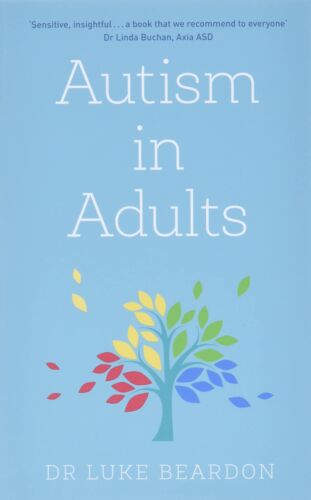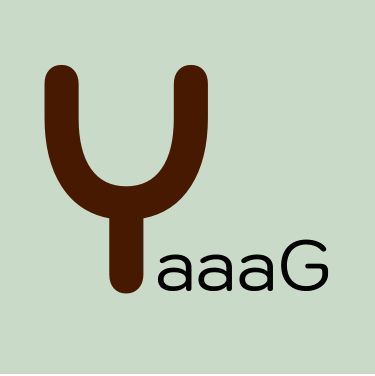Luke Beardon: Autism in Adults

Sheldon Press, 2021, 120 pages. ISBN 9781529375411
Synopsis
If you’ve recently been diagnosed with ASD, or think you might be, or you are close to someone with ASD, one of the things you will like most about this book is …
the way in which it challenges the idea of autism as a ‘disorder’ or ‘impairment’.
Instead, Dr Luke Beardon will help you to reframe what you feel, and challenge what you know, about being on the spectrum. He explains how autism impacts on the individual, and what purpose a diagnosis might – or might not – serve. There is a lot of myth-busting, and dismantling of the stereotypes and cliches around ASD and areas like communication, social interaction and relationships. Practical tips for undiagnosed adults will help you navigate things like school, work, study, parenthood and even to understand what happens when autistic people break the law.
Above all, this book is a celebration of what it means to be autistic – of the passion, honesty, humour, lack of ego, loyalty and trustworthiness that make you, or your loved one, such an amazing person.
(featured on and copied from Waterstone’s website)
Review
Highly recommended and essential reading for the newly identified autistic.
Do you feel you may be autistic? Perhaps you already identify as autistic or have had a recent diagnosis? Are you a parent, relative, parter, close friend, educator or medical professional in touch with autistic people?
In the initial stages, as indeed long afterwards, it is easy to doubt one’s (self-)diagnosis and even one’s own experiences, difficulties, sufferings and hurt. For years, many autistic people have experienced ableism, being gaslighted, dismissed, invalidated, ridiculed, excluded, bullied and humiliated because the way we experience the world feels alien to neurotypical people.
This book is absolutely brilliant in putting difficult feelings, sensations and experiences into simple words, making the inner turmoil and difficulties clear and understandable, validating the autistic person’s viewpoint in the most uplifting manner. Beardon thus paves the way to start finding one’s true self, feeling appreciated, respected and valued.
This book is not about medical details, studies or research findings. Instead, it is an easy, accessible read, dealing entirely with the experience of being an autistic adult, especially with a late or very late diagnosis. He touches on everyday scenarios with illustrative examples, highlighting the differences and difficulties autistic people encounter. As Beardon points out frequently, there is no single solution or strategy suitable for every autistic person as we are all very individual with our individual needs, but he provides valuable thoughts and inspirations how to explore our possibilities and how to start navigating everyday situations which often pose a challenge.
If you are on a low budget or have to limit your reading, I would put this particular book right at the top of the list as probably the most effective so far: it is very accessible and an easy read, does not overload with facts and figures, and he spells out gently, respectfully the inner world of autists, validating the experience and offering a new-found dignity after years of suffering.
(by Stevie)
